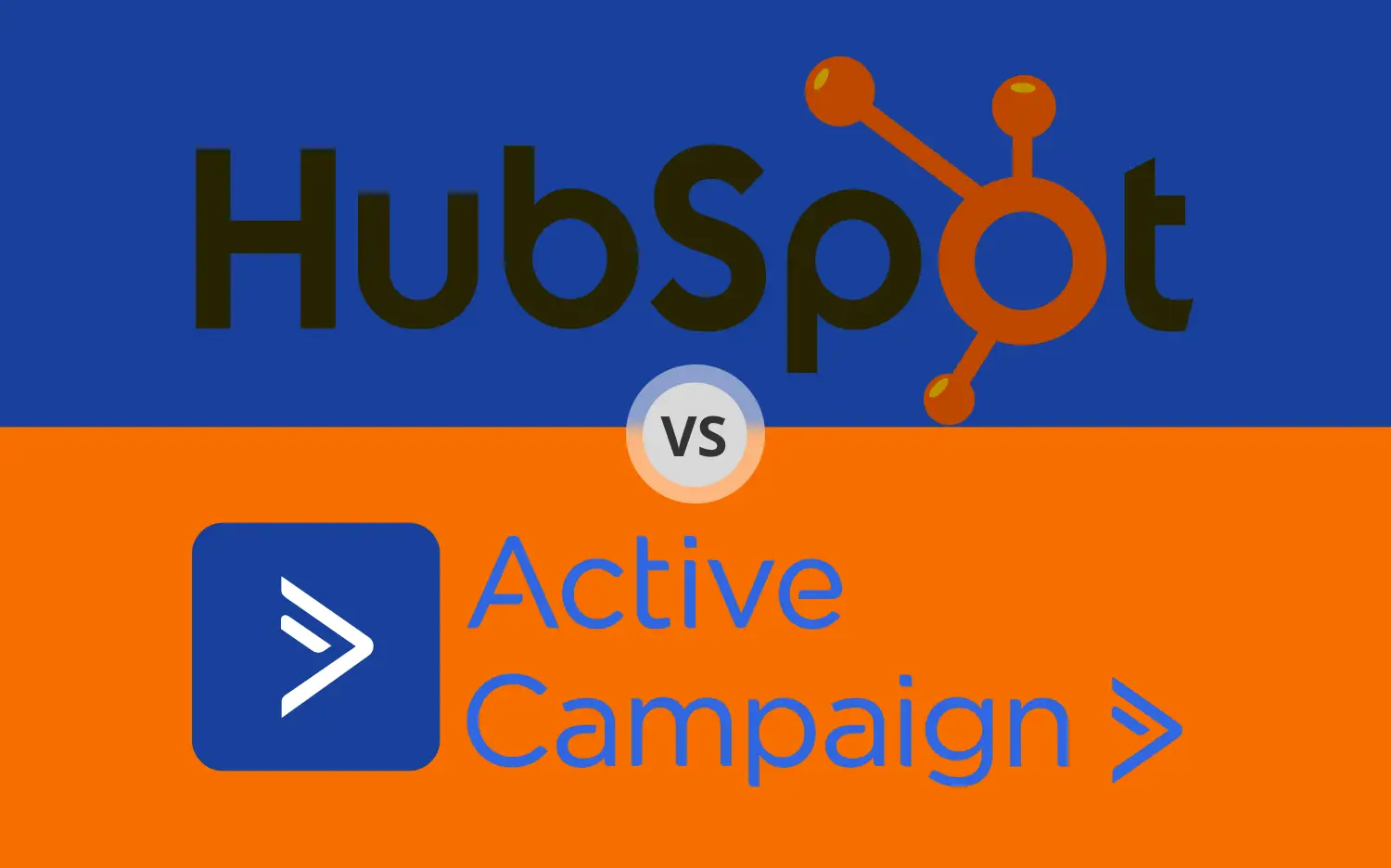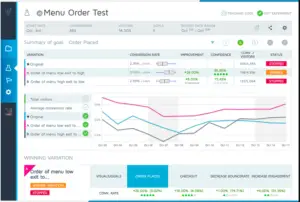In the competitive world of marketing automation, two of the most popular platforms in 2024 are HubSpot Marketing Hub and ActiveCampaign. Both platforms offer robust features, but they cater to slightly different needs. This article will help you evaluate their strengths, key features, and pricing models, enabling you to choose the right solution for your business.
1. Core Features: HubSpot vs. ActiveCampaign
HubSpot Marketing Hub is a full-stack platform that integrates marketing, sales, customer service, and content management. Its core strengths lie in email marketing, landing page creation, CRM integration, SEO, social media management, and detailed analytics.
- Key Features:
- Comprehensive CRM (Customer Relationship Management) integration
- Sophisticated email marketing and automation
- Blogging, SEO, and content management tools
- Social media management
- Advanced analytics and reporting
ActiveCampaign is known for its highly customizable email marketing automation and CRM, focusing heavily on behavior-based automation. It excels in providing personalized, automated customer journeys based on user actions.
- Key Features:
- Advanced email marketing automation and segmentation
- CRM with sales automation
- Multichannel marketing (email, SMS, live chat)
- Behavior-based triggers for automation
- A/B testing for optimization
2. Ease of Use
HubSpot is known for its intuitive and user-friendly interface, especially suited for businesses that want to consolidate all their marketing, sales, and customer service operations into one system. It is highly visual, making it easy for users to navigate between tools, monitor analytics, and design campaigns without requiring extensive technical knowledge.
ActiveCampaign, while more focused on marketing automation, offers a more customizable interface. Its automation workflows can be more complex than HubSpot’s, which might require a steeper learning curve, but it provides more granular control over personalized marketing campaigns.
3. Automation Capabilities
In 2024, both platforms excel in marketing automation, but they have distinct approaches:
HubSpot offers a more holistic automation experience by integrating marketing with sales, customer service, and CMS. This makes it ideal for businesses looking to manage the entire customer lifecycle in one place.
ActiveCampaign is better for companies that require highly tailored and sophisticated automation workflows. Its strength lies in the ability to trigger specific actions based on customer behavior across multiple channels (email, SMS, and site visits). This makes it an ideal choice for businesses with more complex automation needs.
4. Integration with CRM
HubSpot offers a fully integrated CRM at no extra cost, which is one of its standout features. This integration allows seamless data flow between marketing, sales, and customer service teams, ensuring that all customer interactions are tracked and optimized for future campaigns.
ActiveCampaign also has a CRM, but its focus remains heavily on sales automation. It integrates well with external CRMs like Salesforce and Zoho, but its built-in CRM is designed more for small to mid-sized businesses looking to align their sales and marketing efforts.
5. Pricing
As of 2024, HubSpot and ActiveCampaign offer tiered pricing models:
HubSpot Pricing:
- HubSpot’s pricing starts with a free CRM, with paid plans ranging from $50/month for basic features to $3,200+/month for its Enterprise solution. HubSpot’s plans are typically more expensive, but they include more comprehensive marketing and CRM functionality.
ActiveCampaign Pricing:
- ActiveCampaign’s pricing starts lower, with plans beginning at $29/month for basic marketing and automation features, going up to $149/month for more advanced features. This makes it a more affordable option, especially for small to medium-sized businesses focusing primarily on automation.
6. Target Audience
HubSpot is an excellent choice for medium to large businesses that need an all-in-one solution covering marketing, sales, customer service, and CRM. It’s also ideal for companies looking for robust content management and SEO tools, making it more suitable for organizations focusing on inbound marketing.
ActiveCampaign is better suited for small to medium-sized businesses that need powerful email marketing automation and sales automation tools without the need for an all-encompassing platform. Its behavior-based automation capabilities make it a favorite among ecommerce businesses and those looking for personalized customer journeys.
7. Customer Support
Both platforms offer strong customer support options:
HubSpot offers 24/7 customer support via phone, email, and chat for its paid plans, alongside a vast library of tutorials, courses, and resources through HubSpot Academy.
ActiveCampaign provides email, chat, and phone support, with premium support available for higher-tiered plans. They also offer a comprehensive knowledge base and community forums for users.
Conclusion: Which Should You Choose in 2024?
The decision between HubSpot Marketing Hub and ActiveCampaign ultimately depends on your business needs:
Choose HubSpot if you need an all-in-one solution that includes CRM, CMS, SEO tools, and detailed reporting, and you are willing to pay more for a comprehensive platform.
Opt for ActiveCampaign if your primary goal is advanced marketing automation at a lower cost, especially if you require granular control over customer journeys and personalized campaigns.
Both platforms are leading the marketing automation industry in 2024, and the best choice depends on your specific goals, team size, and budget.




